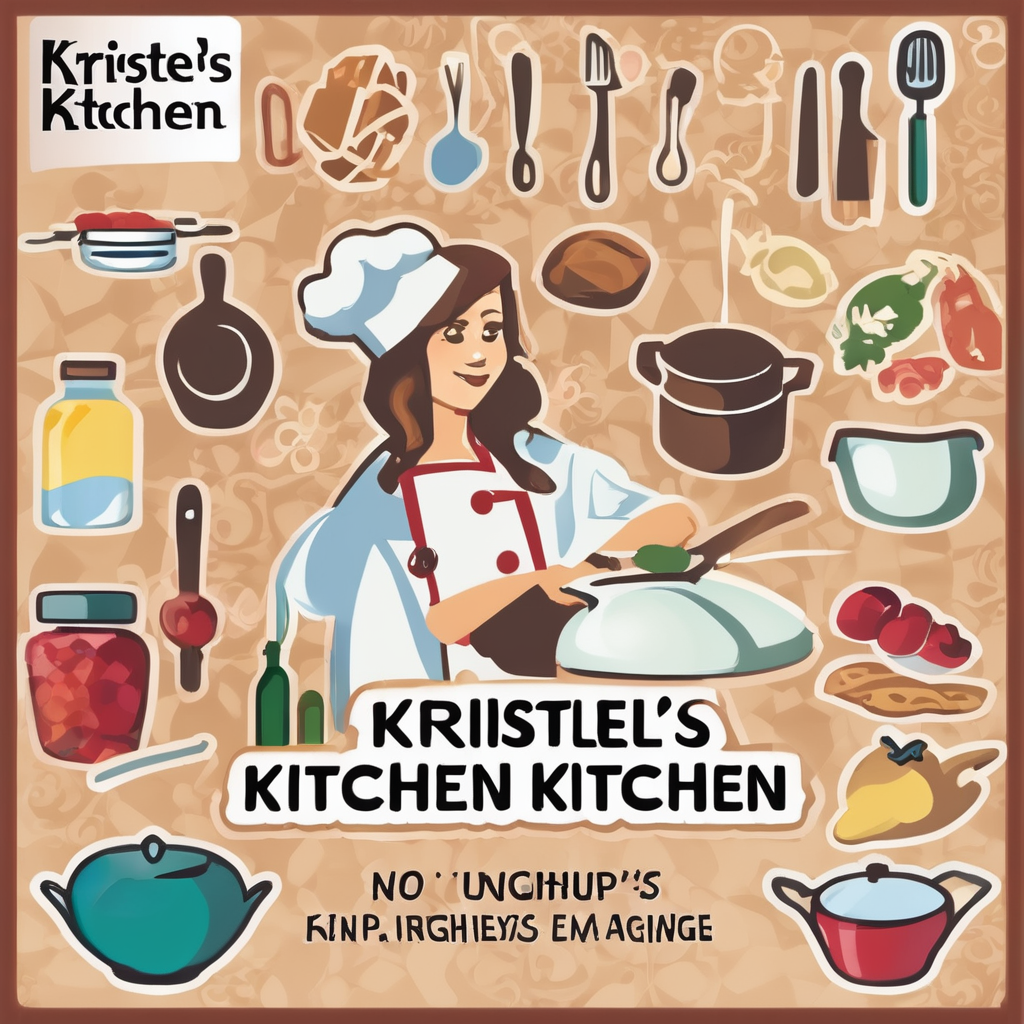Overview of Kitchen Sink Materials
When selecting a kitchen sink, the material you choose plays a vital role in your sink’s durability and maintenance requirements. Each material offers distinct benefits and aesthetic appeal, fitting various needs and preferences. Understanding these options can guide you in choosing the most suitable sink for your kitchen environment.
Among the popular kitchen sink materials, stainless steel sinks top the list due to their robustness and ease of maintenance. They are known for resisting rust and stains while offering a sleek and modern look.
Also to read : The largest french online grocery: a taste of france at home
Granite sinks, created from natural materials, are sought after for their durability and unique visual charm. They can bring an elegant and earthy touch to kitchens but might require specific care practices to maintain their appearance over time.
For those interested in engineered options, composite sinks provide notable durability and versatility. These sinks consist of a blend of materials that increase resistance to damage, thereby offering great functionality and aesthetic diversity.
Also read : Choosing the perfect uk kitchen gear for your outdoor cooking adventure
Various other materials like cast iron and acrylic present intriguing alternatives. Although less common, they can serve specialized design purposes, each with its own style and maintenance commitments. Understanding each material’s advantages and disadvantages can help achieve a lasting and functional kitchen space.
Stainless Steel Sinks
Stainless steel sinks are celebrated for their exceptional durability and ease of maintenance. These sinks are an excellent choice for kitchens that require robust and reliable materials. Stainless steel is renowned for its ability to resist rust and stains, which makes it highly practical for daily use. Compared to other materials like granite or composite sinks, stainless steel offers unmatched resilience, particularly in busy cooking environments.
In terms of durability, stainless steel typically outranks many other sink materials. Its composition provides an effective barrier against corrosion and damage, ensuring longevity in your kitchen setup. This material offers flexibility in design, accommodating a variety of styles and preferences, further enhancing its appeal.
For maintenance, stainless steel sinks require simple care practices to keep their sleek appearance. Regular cleaning with mild detergents or specific stainless steel cleaners is recommended, which helps maintain their shine and prevents the build-up of stains. Additionally, rinsing and drying after use can help minimize water spots and maintain the sink’s pristine look.
Incorporating stainless steel into your kitchen design can deliver both functionality and modern aesthetic appeal.
Granite Sinks
Granite sinks, crafted from natural materials, are an alluring choice, especially for those seeking a blend of durability and aesthetics. As a kitchen sink material, granite is prized for its unique visual appeal, offering a sophisticated and earthy touch that can enhance any kitchen’s design. However, it’s important to acknowledge both the strengths and limitations of granite sinks.
On the plus side, granite sinks are highly durable. This toughness makes them resistant to scratches and heat, contributing to their longevity. Yet, they require particular attention to maintain their appearance; non-abrasive cleaners and soft cloths are recommended to prevent scratches and maintain surface shine.
One potential downside is granite sinks can be heavy, often needing additional support during installation. Regular sealing may also be necessary to protect against potential stains or damage.
For homeowners willing to dedicate a little extra time to care, granite sinks offer a stunning, long-lasting addition to the kitchen. Their unique aesthetic advantages and robust durability make them a popular choice despite the extra maintenance involved.
Composite Sinks
Composite sinks, crafted from engineered materials, offer a blend of functionality and style, making them a versatile choice for modern kitchens. Made by combining materials like granite or quartz with resins, they deliver impressive durability and resistance to damage. This composition results in a robust structure that withstands daily wear, reducing risks of scratches and chips.
The aesthetic diversity of composite sinks is another highlight, as they come in various colours and finishes to complement any kitchen décor. These sinks allow homeowners to achieve a cohesive look without compromising on strength or function. In terms of maintenance, composite sinks require minimal care compared to natural stone options. Regular cleaning with non-abrasive cleaners helps maintain their appearance, ensuring they remain a sleek addition to your kitchen.
While they offer significant advantages, composite sinks can sometimes be more expensive than other materials. However, their longevity and low maintenance needs often justify the cost in the long run. Whether prioritising aesthetics or durability, they present a practical option with style flexibility for diverse kitchen environments.
Other Popular Sink Materials
Exploring beyond the mainstream, cast iron sinks and acrylic sinks provide intriguing alternatives in kitchen design. Both represent unique choices, offering distinct benefits and style options that can meet specific needs and preferences.
Cast Iron Sinks
Cast iron sinks, known for their durability and classic appeal, are favored for their ability to withstand heavy use. Coated with a layer of enamel, they are resistant to chipping and denting. However, these sinks are notably heavy, necessitating additional support during installation. Despite their weight, they offer a timeless look that suits various kitchen styles but require careful handling to maintain their finish.
Acrylic Sinks
Acrylic sinks, in contrast, are lightweight and offer a wide range of colours and styles, making them highly versatile. They’re less prone to impact damage but can be susceptible to scratches. Regular cleaning with non-abrasive products is recommended to maintain their glossy appearance.
When comparing these materials, consider both aesthetic preferences and functional needs. While cast iron sinks provide robust resilience and a retro feel, acrylic sinks offer flexibility and modern flair. Selecting between these depends on the desired balance between style, practicality, and installation considerations.
Price Ranges and Brand Recommendations
When selecting a kitchen sink, understanding the price ranges and identifying trusted kitchen sink brands can be crucial in making an informed decision. Kitchen sinks are available in varied materials and styles, influencing their cost.
Stainless steel sinks tend to be more affordable, commonly ranging between $100 to $500, depending on thickness and finish. Granite sinks, offering a blend of style and durability, generally fall in the mid-range, costing around $300 to $700. Composite sinks might vary widely from $200 to $600, reflecting their engineered mix of materials and potential colour choices. For cast iron and acrylic sinks, prices differ: cast iron, as a premium option, often starts at $400, while acrylic may be more budget-friendly at $100 upwards.
In terms of brands, Kohler and Kraus are renowned for reliability and style. Both offer a range of models designed to suit various kitchen settings. Blanco is well-regarded for high-quality granite options, while Elkay excels in producing durable stainless steel sinks. Factors such as installation requirements, material choice, and warranty offerings also play a role in determining the best value for money and overall durability of the sink.

